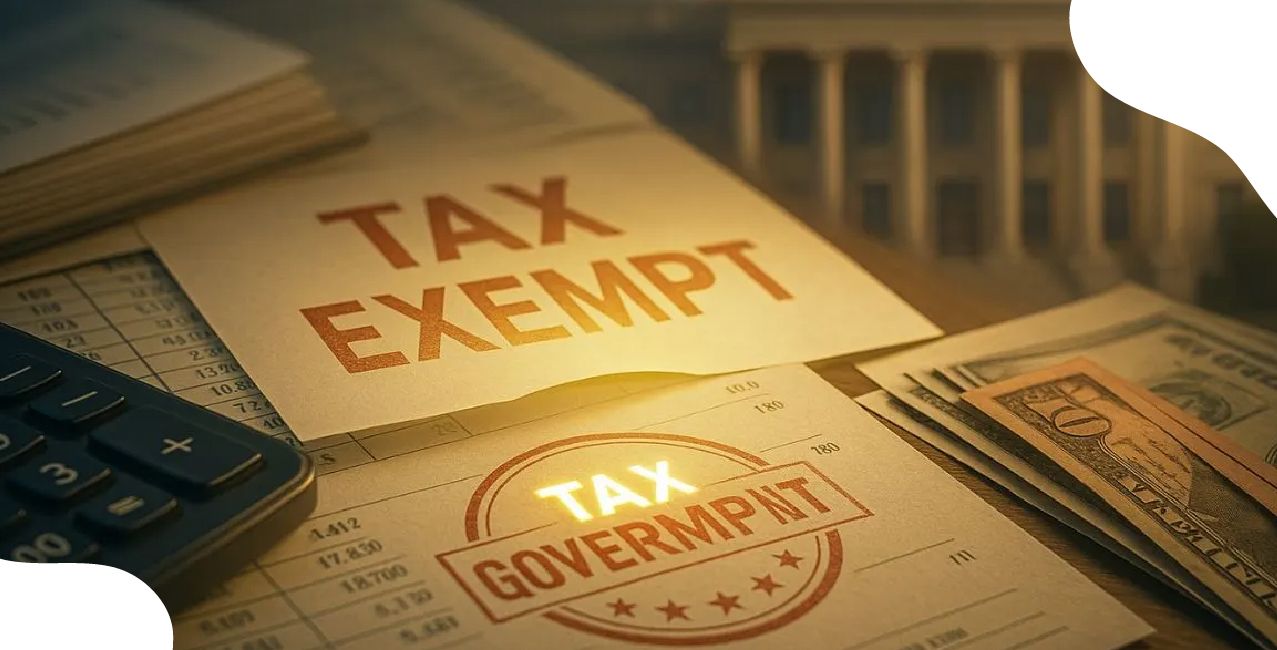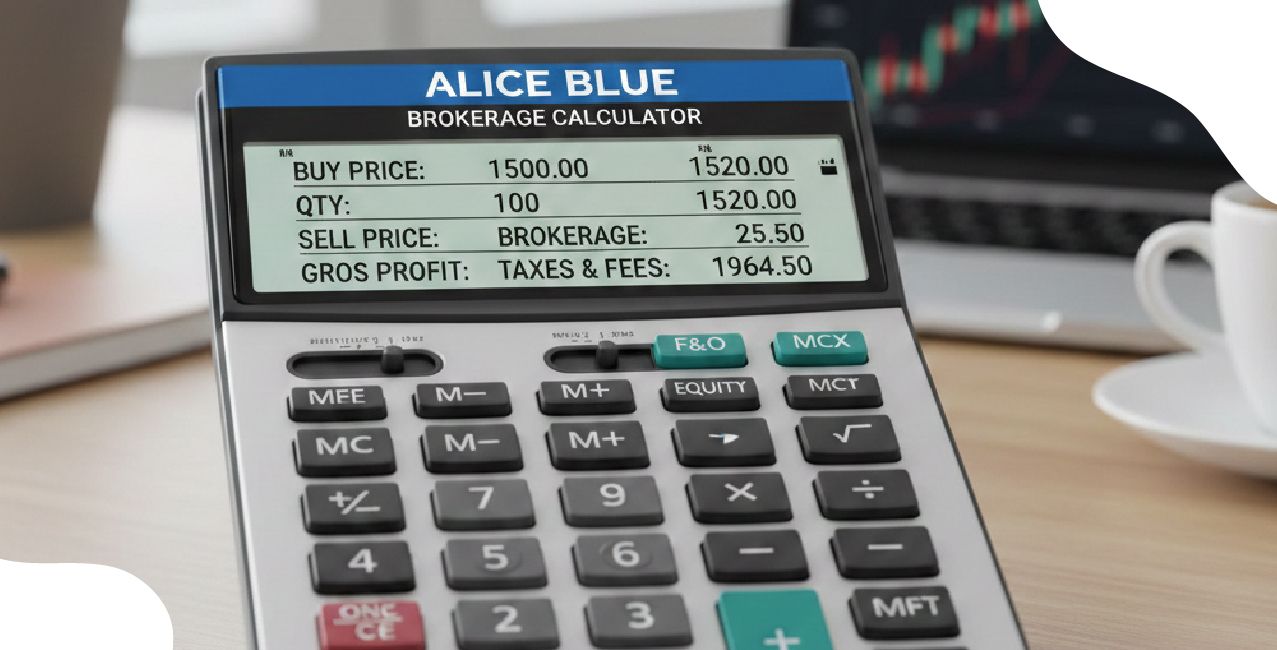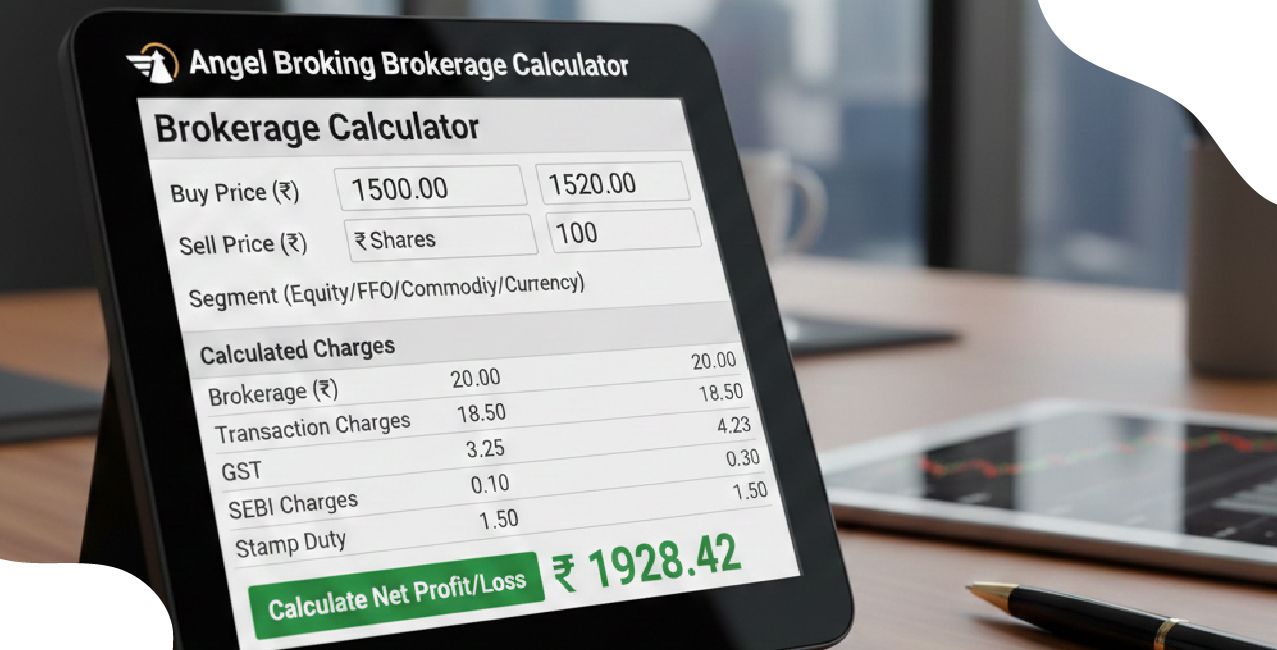Section 139(4) of Income Tax Act – Belated & Revised Return Explained
_of_the_Income_Tax_Act.jpg)
Check Your Loan Eligibility Now
By continuing, you agree to LoansJagat's Credit Report Terms of Use, Terms and Conditions, Privacy Policy, and authorize contact via Call, SMS, Email, or WhatsApp
Summary Points:
- Section 139(4) gives taxpayers a second chance to file returns if they miss the due date.
- Belated filing may involve interest, late fees, and limited deductions.
- Refunds can still be claimed under Section 139(4).
- The final deadline is December 31 of the assessment year or before assessment completion.
Bonus: The current deadline for filing a belated return is December 31 of the relevant assessment year, which is the year immediately following the financial year.
Section 139(4) of the Income Tax Act allows taxpayers to file a belated return if they miss the original ITR deadline.
Rubi Singh missed the July 31 ITR deadline for FY 2023–24, but Section 139(4) gave her a second shot. She filed it on December 15, paid ₹4,00,000 in taxes, ₹4,000 interest, and a ₹5,000 late fee (since her income was over ₹5,00,000).
She still got her ₹1,00,000 refund, though she couldn’t carry forward her losses. Relaxed, she smiled and said, “Haar ke jeetne wale ko baazigar kehte hain!”, grateful the Income Tax Act had her back.
Now, let’s understand what Section 139(4) means, who can use it, and what to keep in mind.
Section 139(4) Introduction of the Income Tax Act
Section 139(4) of the Income Tax Act lets you file a belated income tax return if you miss the original deadline under Section 139(1). You can submit this late return anytime before December 31 of the assessment year or before your tax assessment is completed, whichever happens first. This way, you get a second chance to report your income and pay tax, though filing late may involve some penalties and interest.
However, it's important to note that filing a belated return comes with certain implications. You may be subject to:
- Interest under Section 234A: Charged at 1% per month on the unpaid tax amount from the due date until the actual filing date.
- Late filing fee under Section 234F: Up to ₹5,000, depending on your income and when you file.
- Loss of certain deductions and carry-forward benefits: Such as those under Sections 10A, 10B, 80-IA, 80-IB, etc.
Example:
Let's say your total income for FY 2023-24 is ₹6,00,000, and you missed the original filing deadline of July 31, 2024. You can file your belated return by December 31, 2024. However, since your income exceeds ₹5,00,000, a late filing fee of ₹5,000 will apply. Additionally, interest under Section 234A will be calculated on any unpaid tax from the original due date until the actual filing date.
Importance of Section 139(4) of the Income Tax Act
Section 139(4) is crucial for ensuring that taxpayers remain compliant, even after missing the original deadline:
This table shows that Section 139(4) acts as a safety net, giving taxpayers a chance to stay compliant and avoid unnecessary losses.
Example:
- Due date to file ITR for FY 2023-24: July 31, 2024
- You missed the deadline.
- Under Section 139(4), you file a belated return on December 10, 2024.
- Your taxable income is ₹6,00,000, and the tax payable is ₹50,000.
- Late filing fee: ₹5,000 (since income > ₹5,00,000).
- Interest on late payment: ₹500 (for 5 months at 1% per month on ₹50,000).
Even with these extra charges, you avoid bigger penalties or legal trouble and keep your tax records clean!
Objectives of Section 139(4) of the Income Tax Act
Beyond importance, Section 139(4) also has clear objectives laid down by the Act:
These objectives make Section 139(4) an effective tool for balanced tax administration.
Example:
Note: By filing late under Section 139(4), the taxpayer pays an additional ₹5,400 but avoids heavier penalties and keeps their tax record clear.
TDS Rate Under Section 139(4) of the Income Tax Act
Belated filing under Section 139(4) also interacts with TDS rules. Here are key rates to know:
This ensures that your taxes deducted at source remain valid even in belated returns.
Example:
Suppose you received ₹1,00,000 as interest from a bank in FY 2023-24.
- The bank deducts 10% TDS under Section 194A, so ₹10,000 is deducted.
- You file your belated return under Section 139(4) by December 31, 2024.
- While filing, you declare this ₹1,00,000 as income and claim credit for the ₹10,000 TDS already deducted.
Exemption Under Section 139(4) of the Income Tax Act
Section 139(4) allows you to file a belated ITR if you miss the deadline, but if your total income is below the basic exemption limit, you're exempt from paying the late-filing fee under Section 234F. You still enjoy the chance to file without penalty, even though the ITR is technically late. You gain compliance and peace of mind without extra cost:
Basic exemption limit for FY 2023‑24 was ₹3,00,000 under the old regime; new regime limit ₹2,50,000.
Example:
- FY 2023‑24, taxable income = ₹2,80,000 (below basic exemption).
- Missed the deadline: due date 31 July 2024.
- Files under Section 139(4) on 20 Dec 2024.
- Late-filing fee = ₹0, because income is below the exemption limit.
- Benefit: You stay compliant, preserve your financial record, and avoid penalties, without paying a paisa extra!
Due Date and Compliance Requirements of the 139(4) Income Tax Act
The final piece of Section 139(4) is about timelines and compliance:
Section 139(4) allows compliance but ensures penalties for delays.
Example:
Let’s say your FY 2023‑24 ITR was due July 31, 2024, but you filed belatedly on December 10, 2024:
- Tax due: ₹50,000
- Interest (@1% x 4 months): ₹2,000
- Filing fee: ₹5,000 (since income > ₹5,00,000)
- Total outgo: ₹57,000
By filing under Section 139(4), you avoid harsher penalties or prosecution, stay tax-compliant, and still maintain eligibility for refunds, though you lose some benefits and pay interest and fees.
In simple terms: Section 139(4) gives you a second chance to file, but you’ve got to act by Dec 31 (or before assessment ends), and be ready for interest, fees, and fewer tax breaks.
Conclusions
Section 139(4) gives you a second chance to file your ITR if you miss the original deadline. You can still claim refunds, but you may have to pay interest and a late fee. You won’t be able to carry forward some losses or get all tax benefits. So, file by December 31 of the assessment year to stay safe, avoid penalties, and keep your record clean.
FAQs:
Q: What is the return filed under Section 139(4C) of the Income Tax Act?
Section 139(4C) allows certain entities to file belated returns if they miss the due date, before assessment completion or one year from the assessment year-end.
Q: What happens if ITR is not filed for 5 years?
If you don’t file ITR for 5 years and owe over ₹25,000 in taxes, you may face 6 months to 7 years of imprisonment and a fine.
Q: Can a revised return be revised again?
Yes, a revised return can be filed multiple times before 31st December of the assessment year or assessment completion.
Q: Can we change from the old regime to the new regime in a revised return?
Yes, salaried individuals can switch regimes in a revised return if it’s filed within the due date under Section 139(1).
Other News Pages | |||
About the author

LoansJagat Team
Contributor‘Simplify Finance for Everyone.’ This is the common goal of our team, as we try to explain any topic with relatable examples. From personal to business finance, managing EMIs to becoming debt-free, we do extensive research on each and every parameter, so you don’t have to. Scroll up and have a look at what 15+ years of experience in the BFSI sector looks like.
Subscribe Now
Related Blog Post
Recent Blogs
All Topics
Contents
Quick Apply Loan
Consolidate your debts into one easy EMI.
Takes less than 2 minutes. No paperwork.
10 Lakhs+
Trusted Customers
2000 Cr+
Loans Disbursed
4.7/5
Google Reviews
20+
Banks & NBFCs Offers
Other services mentioned in this article








